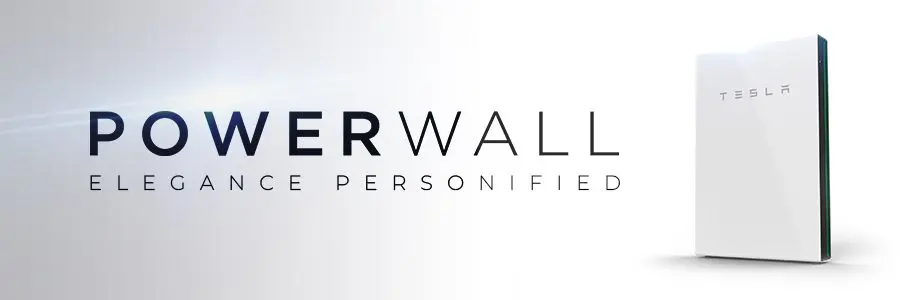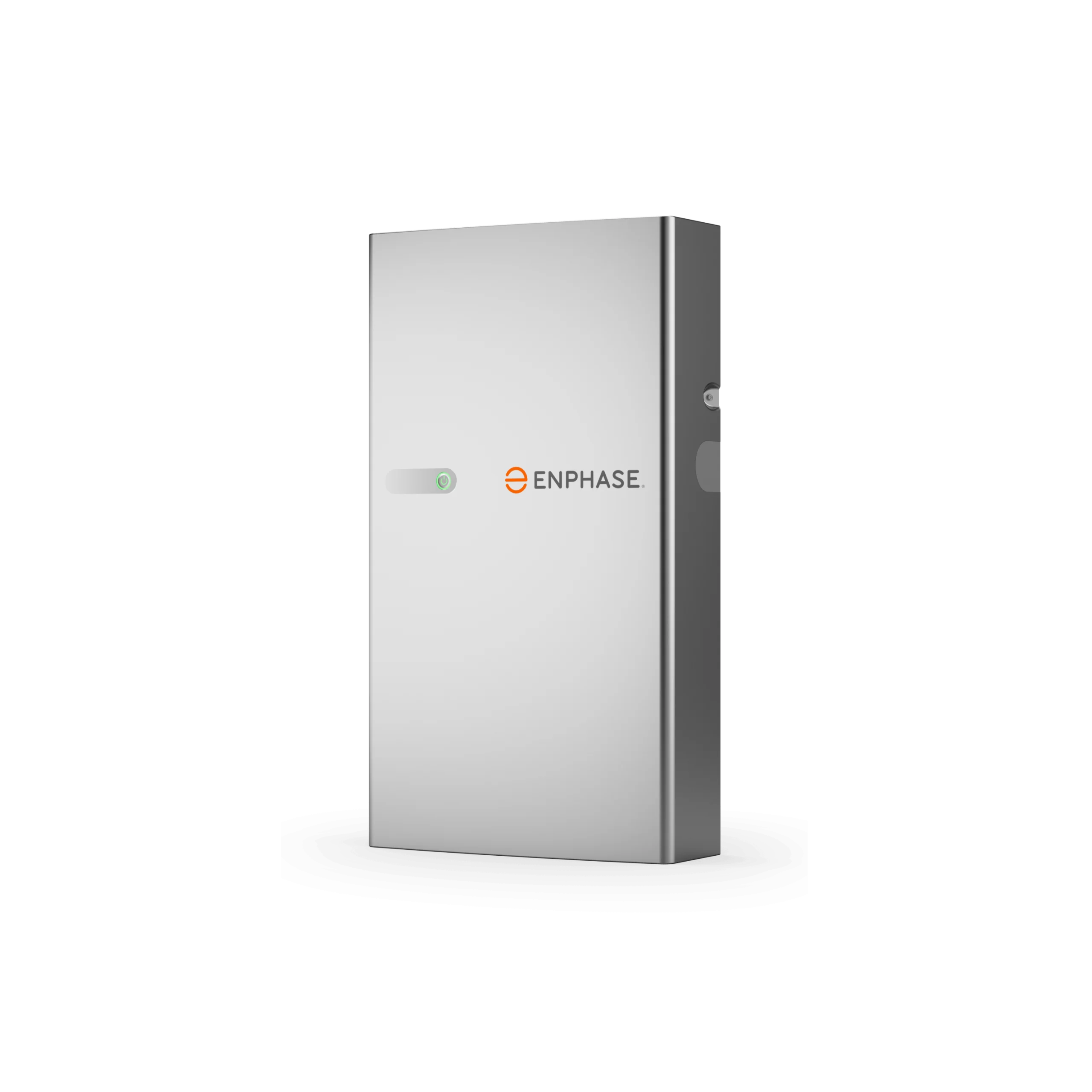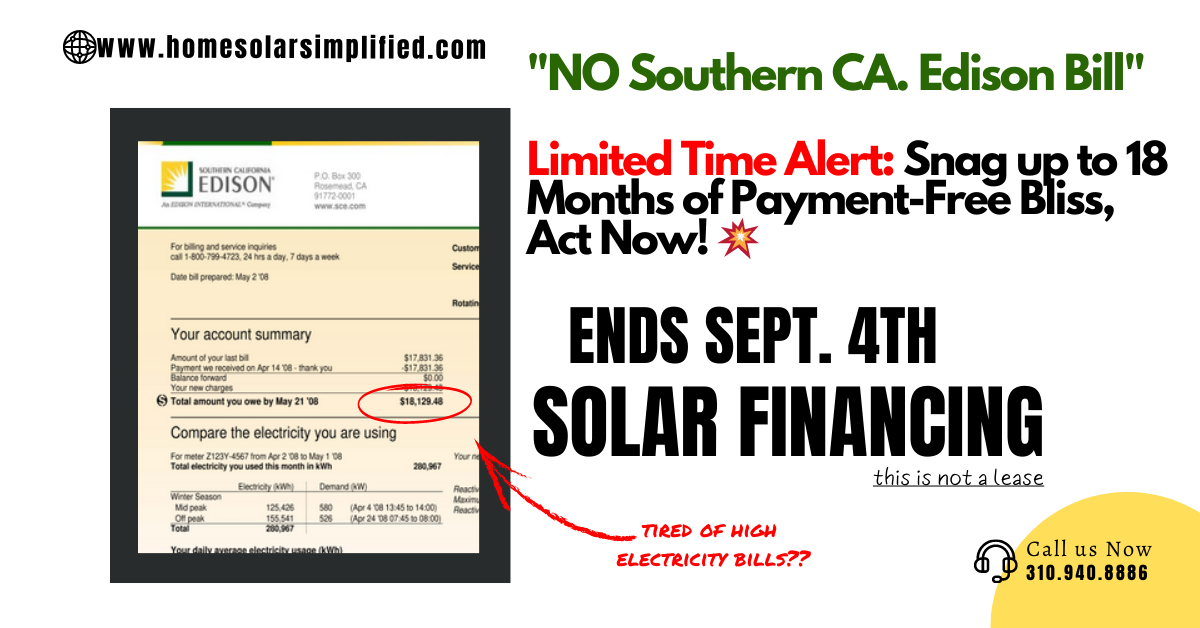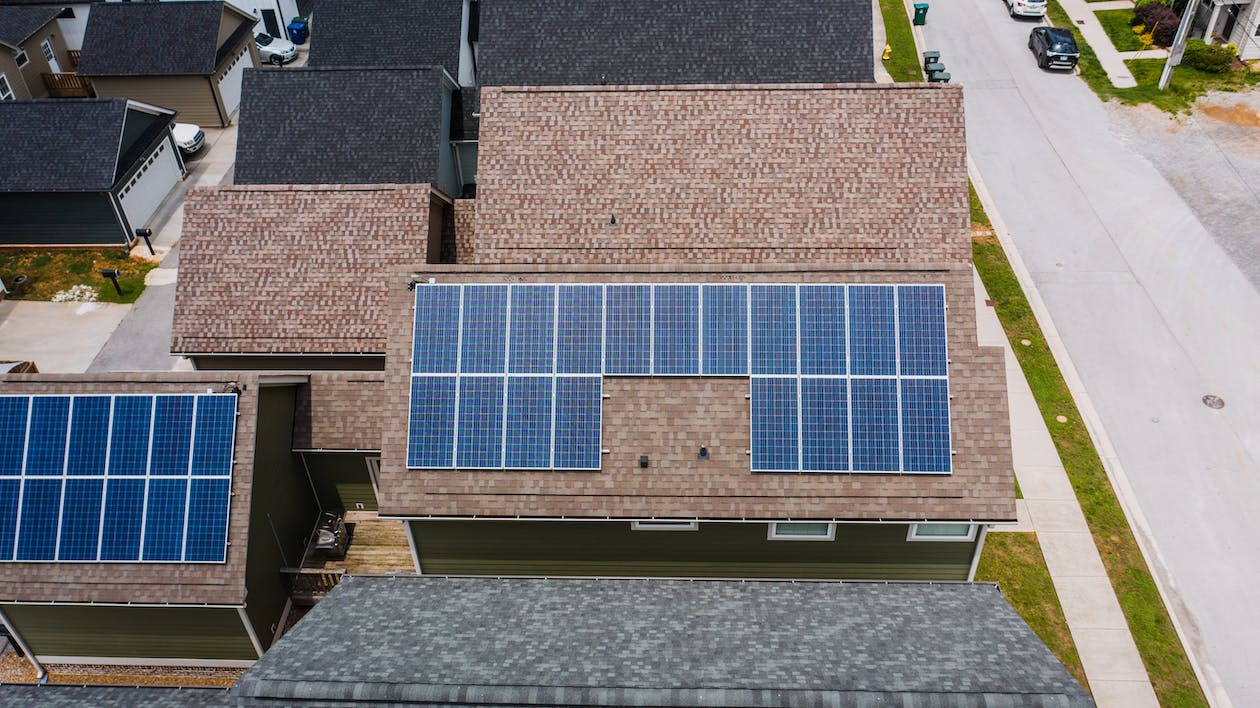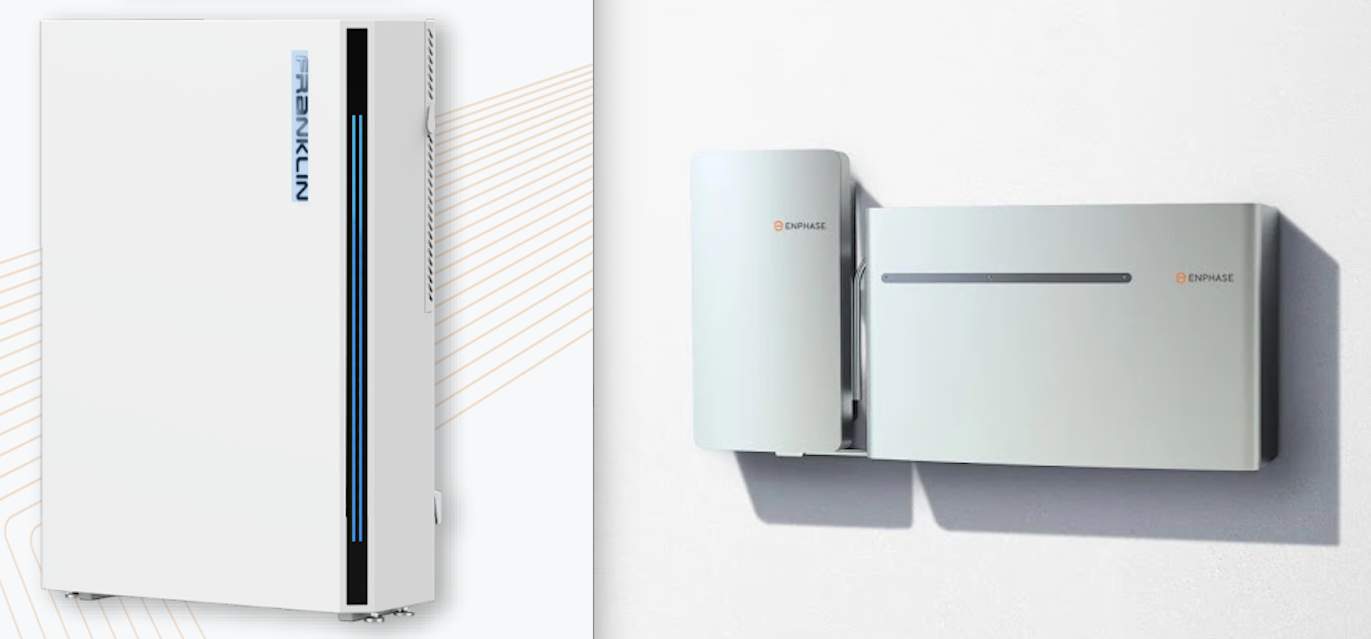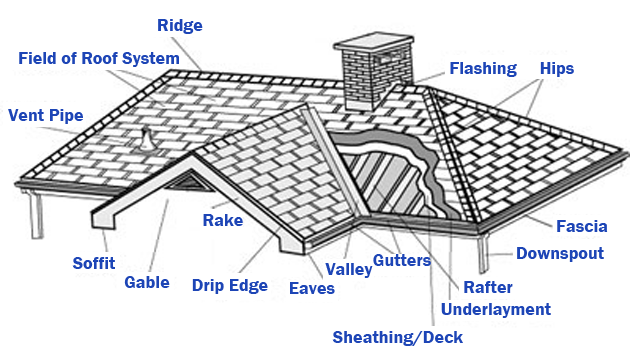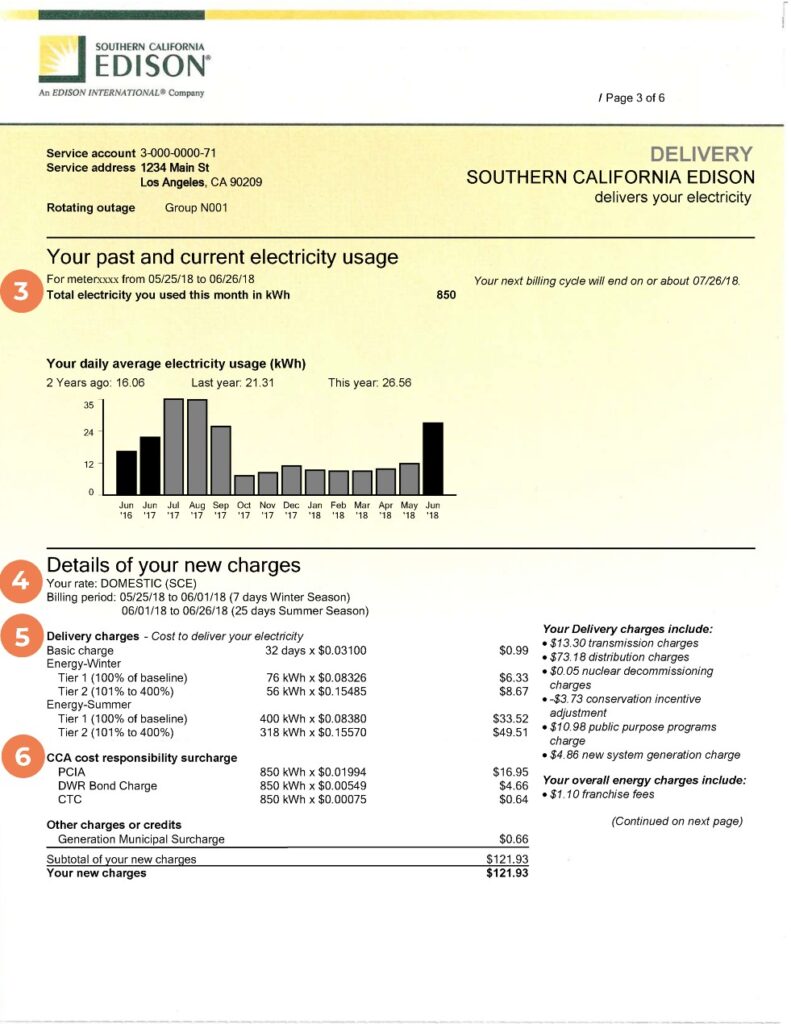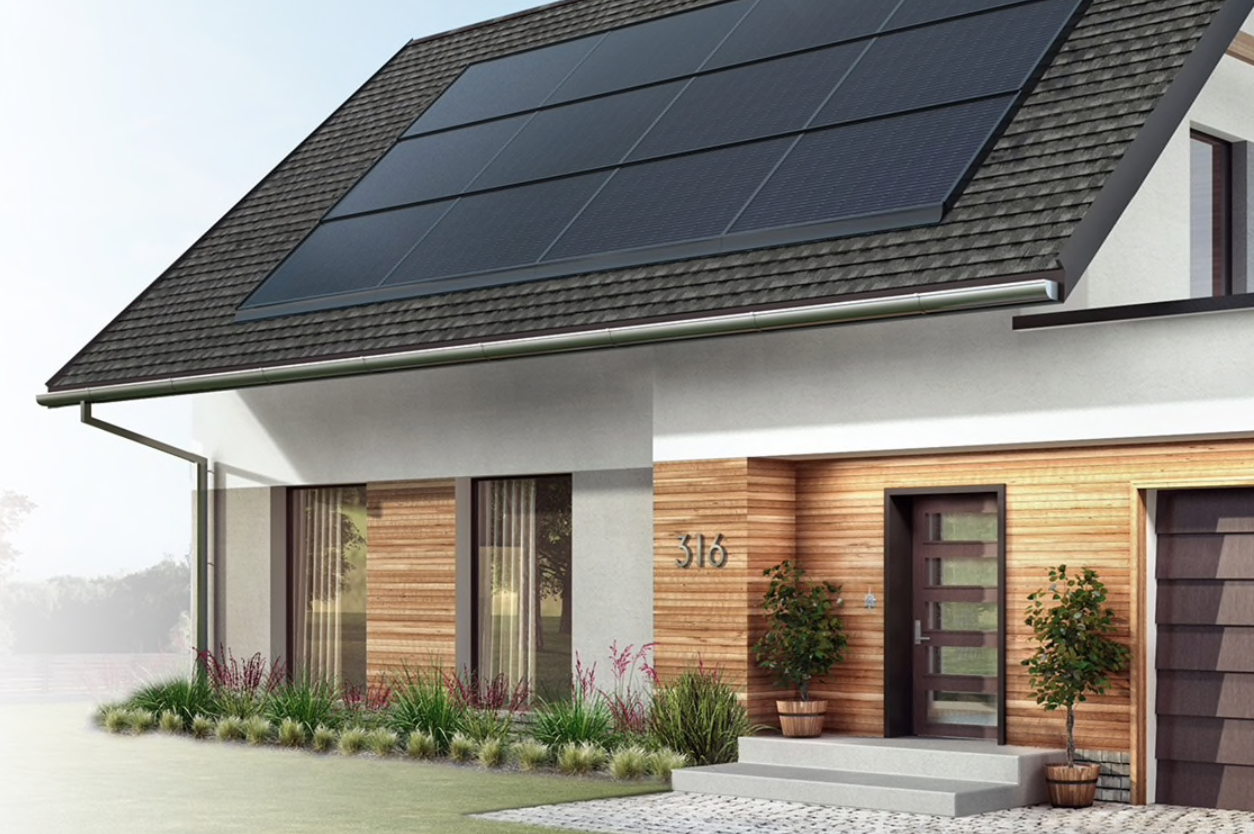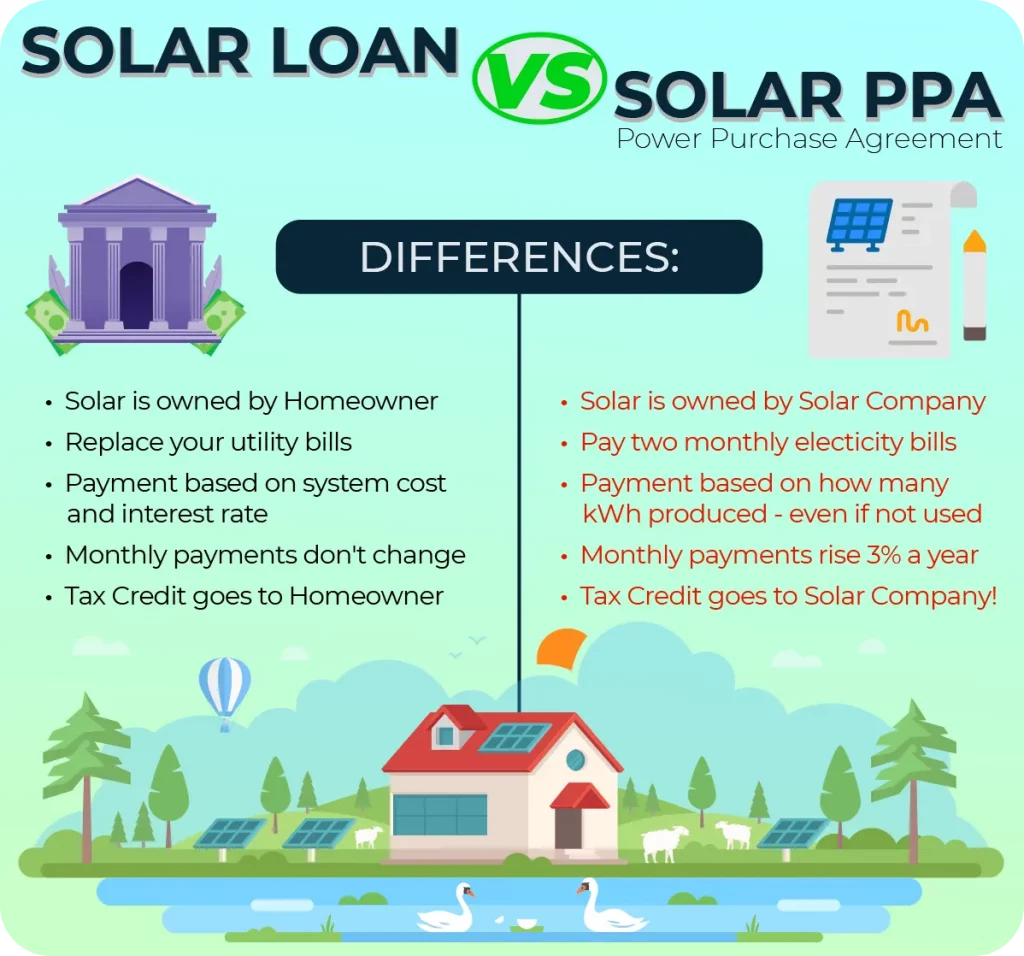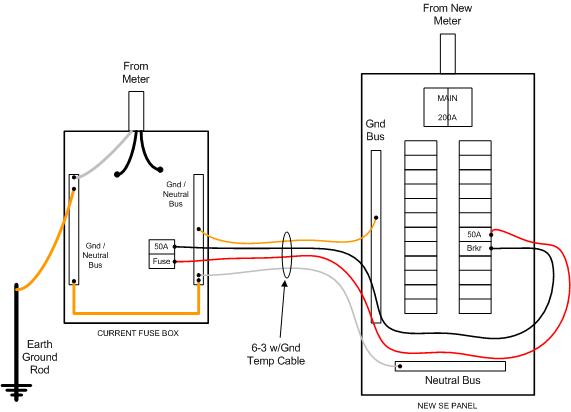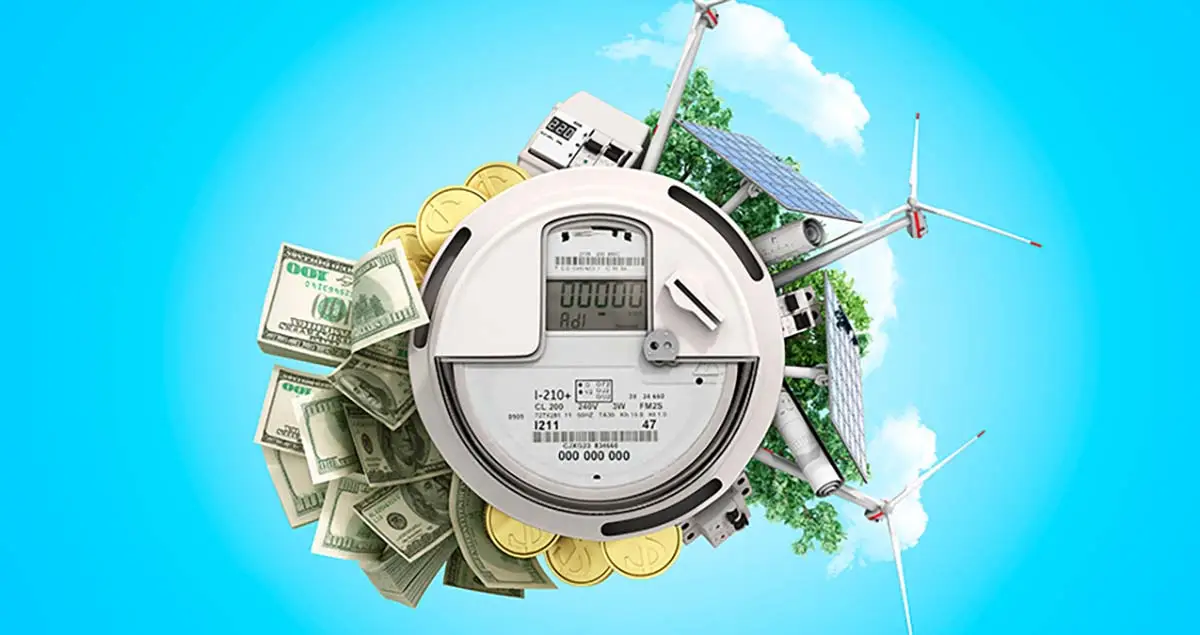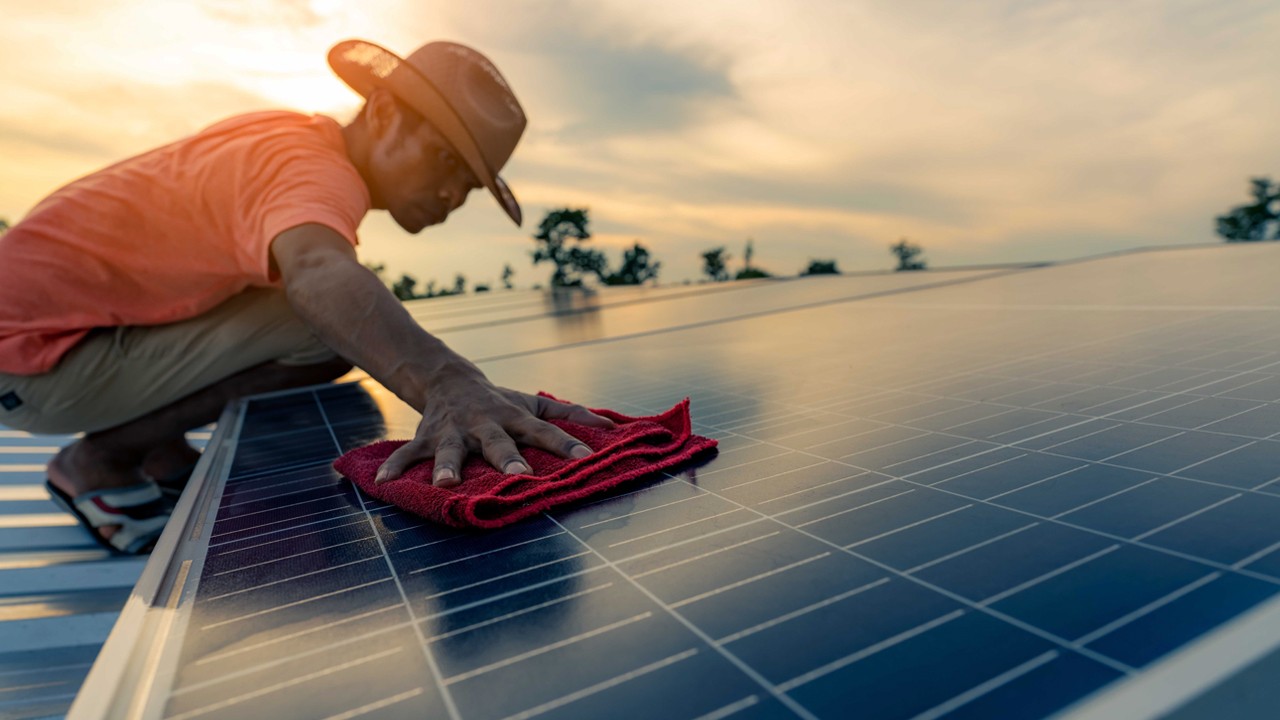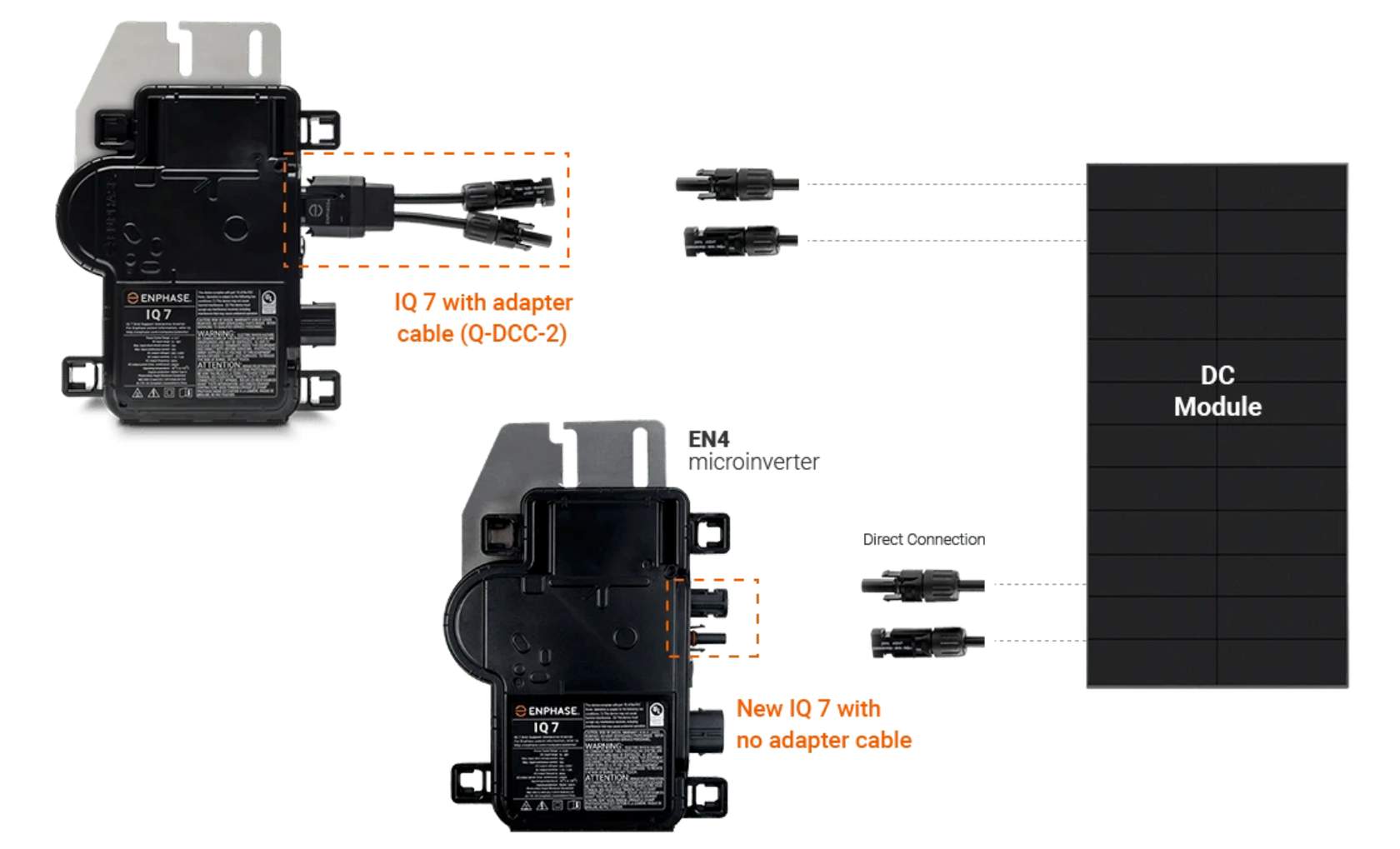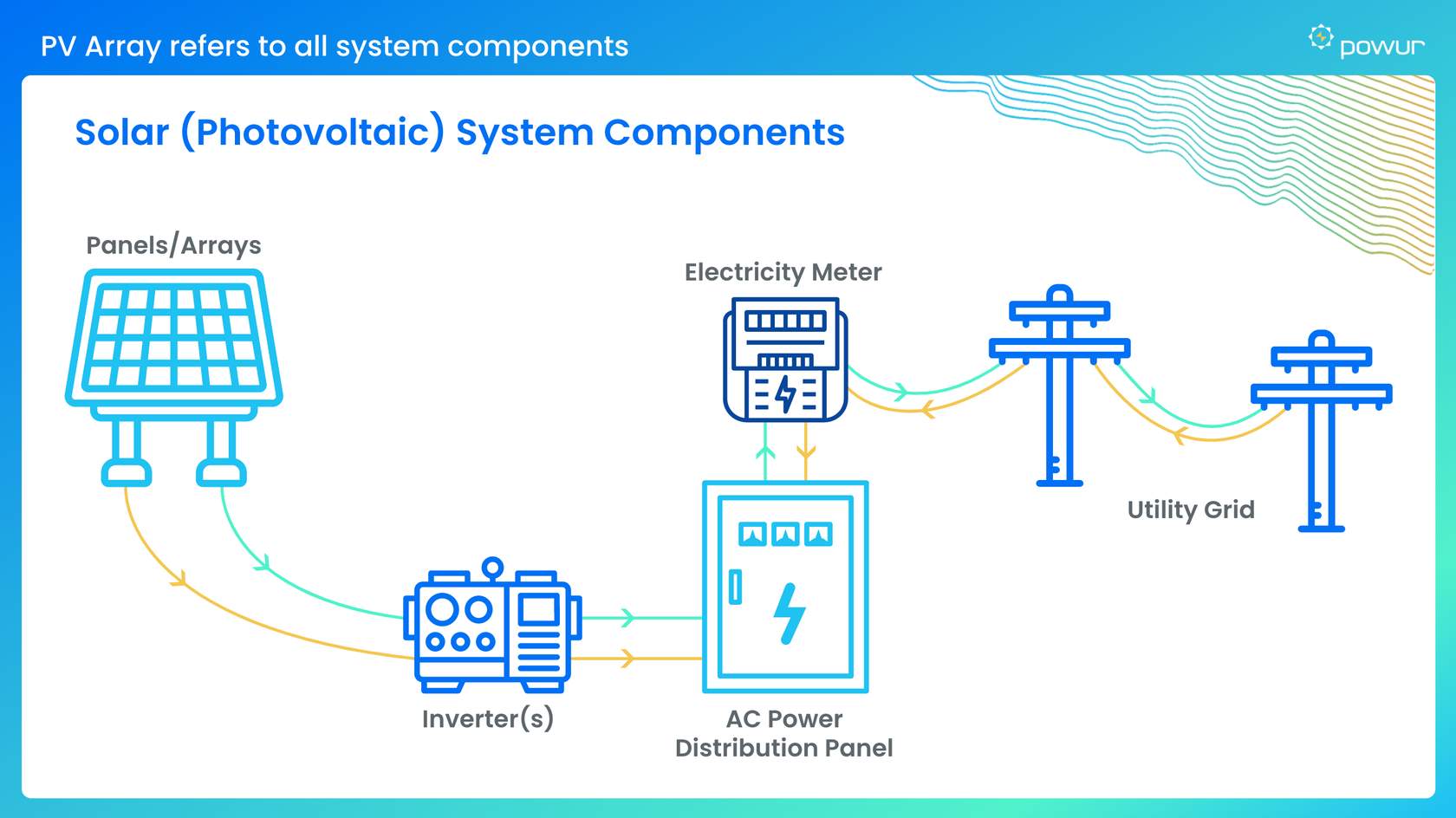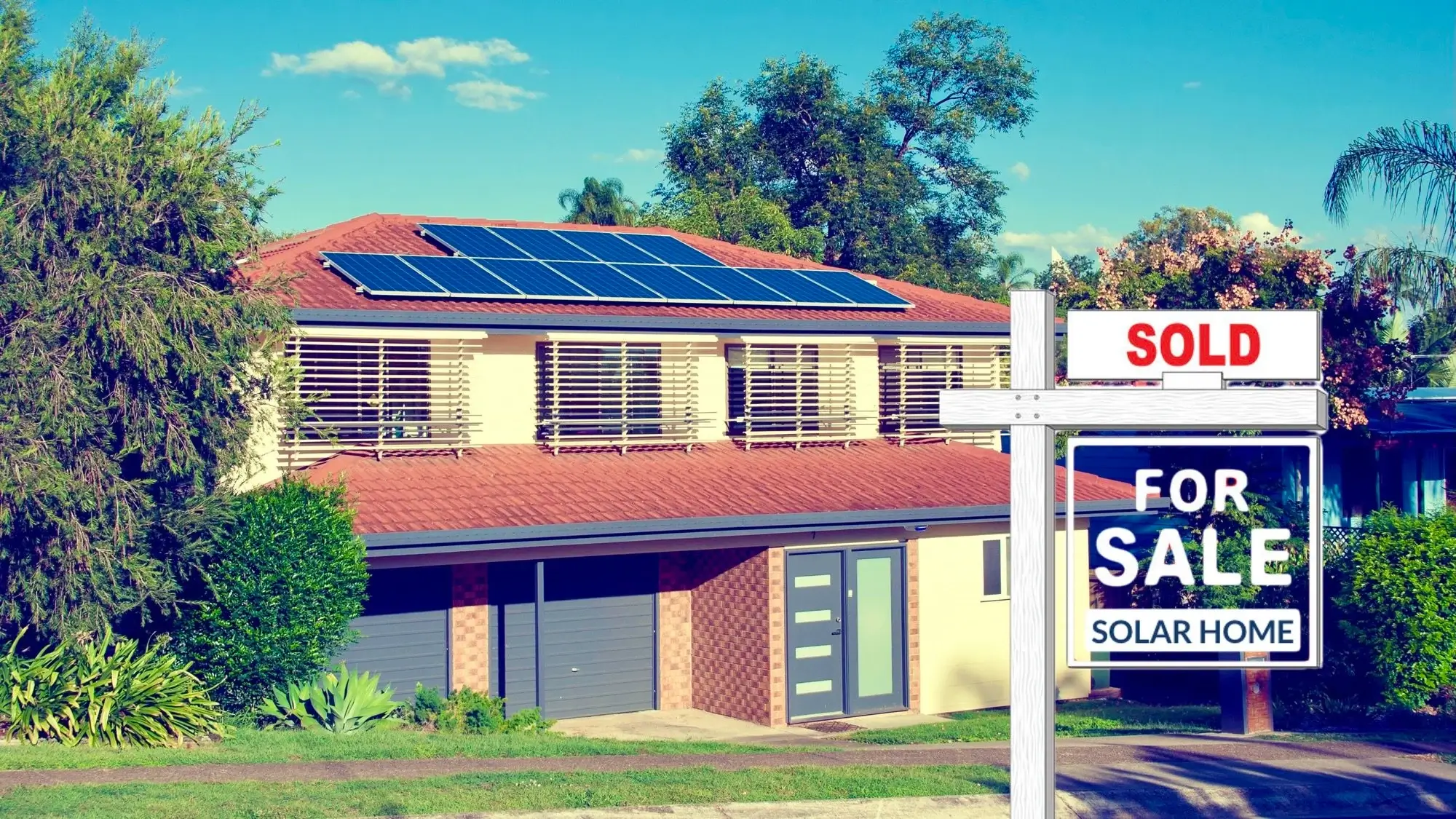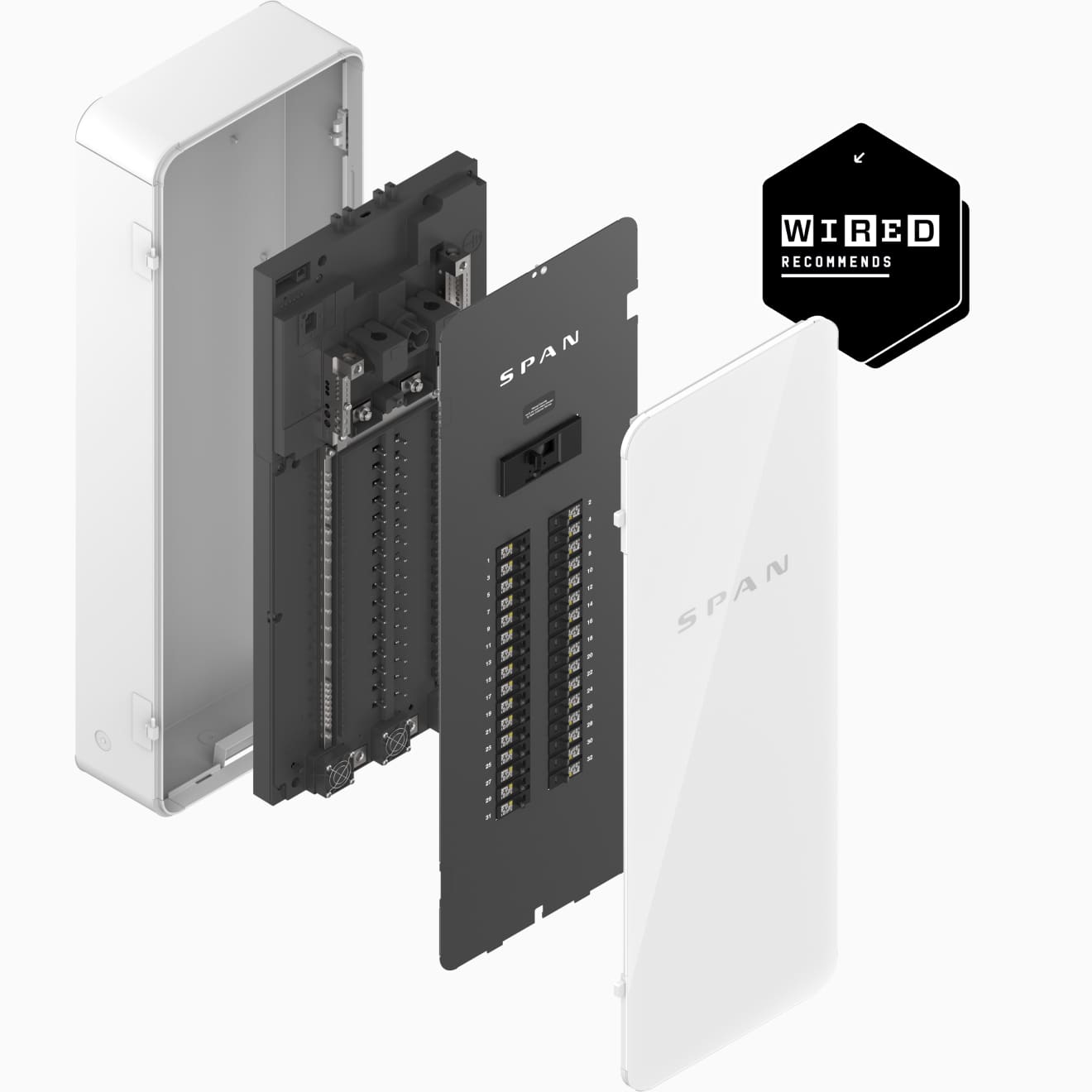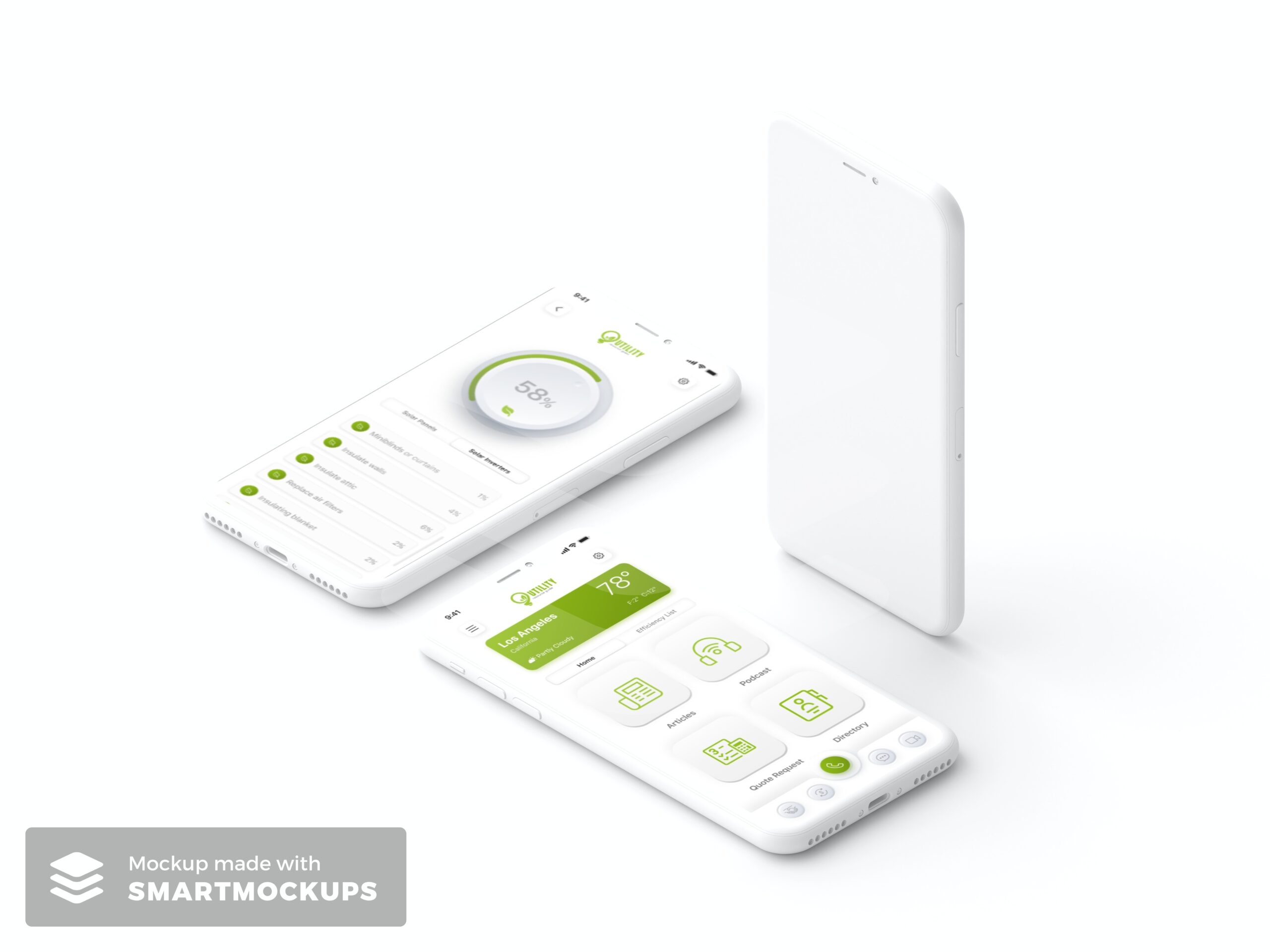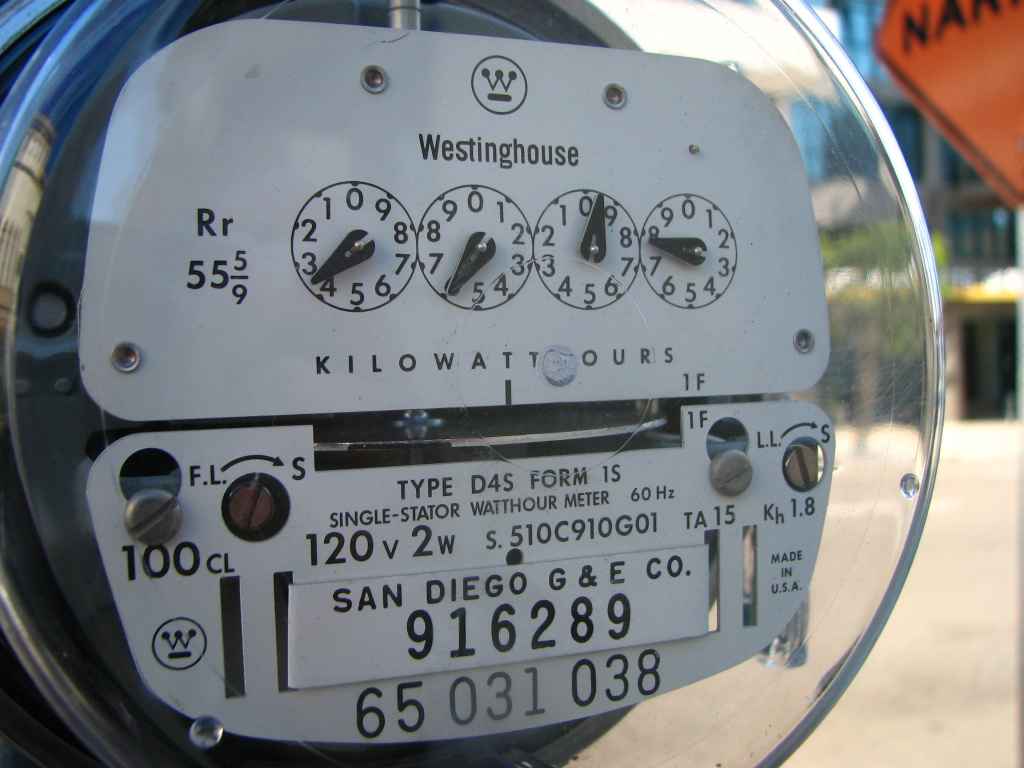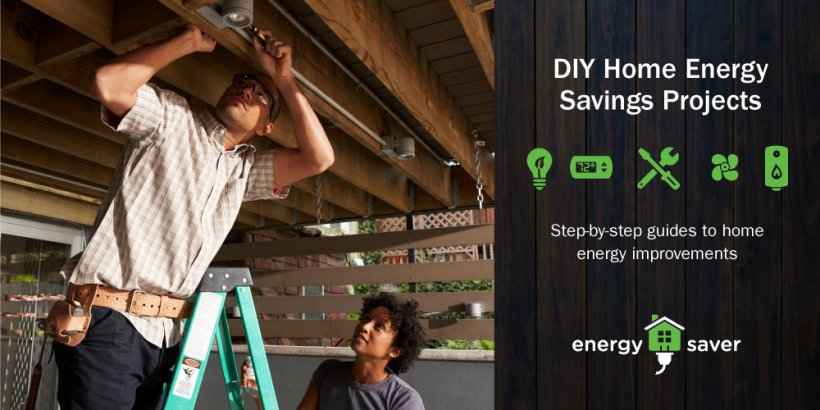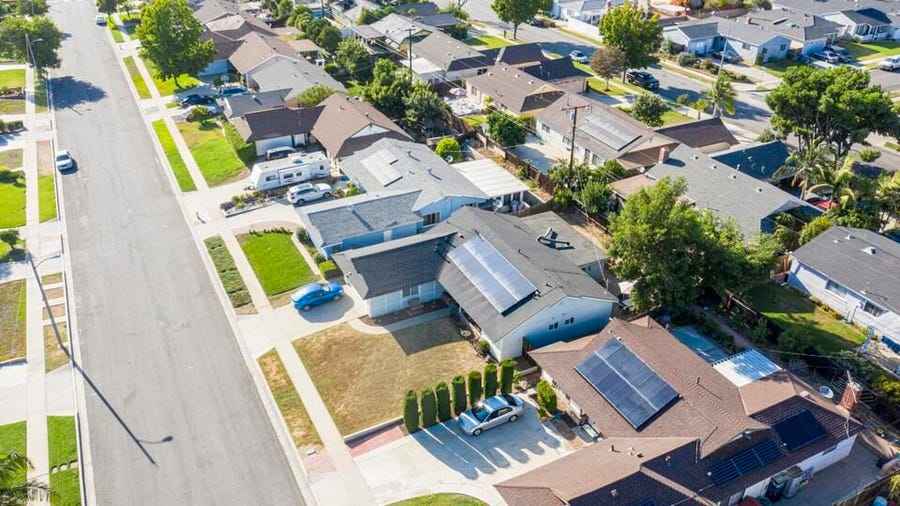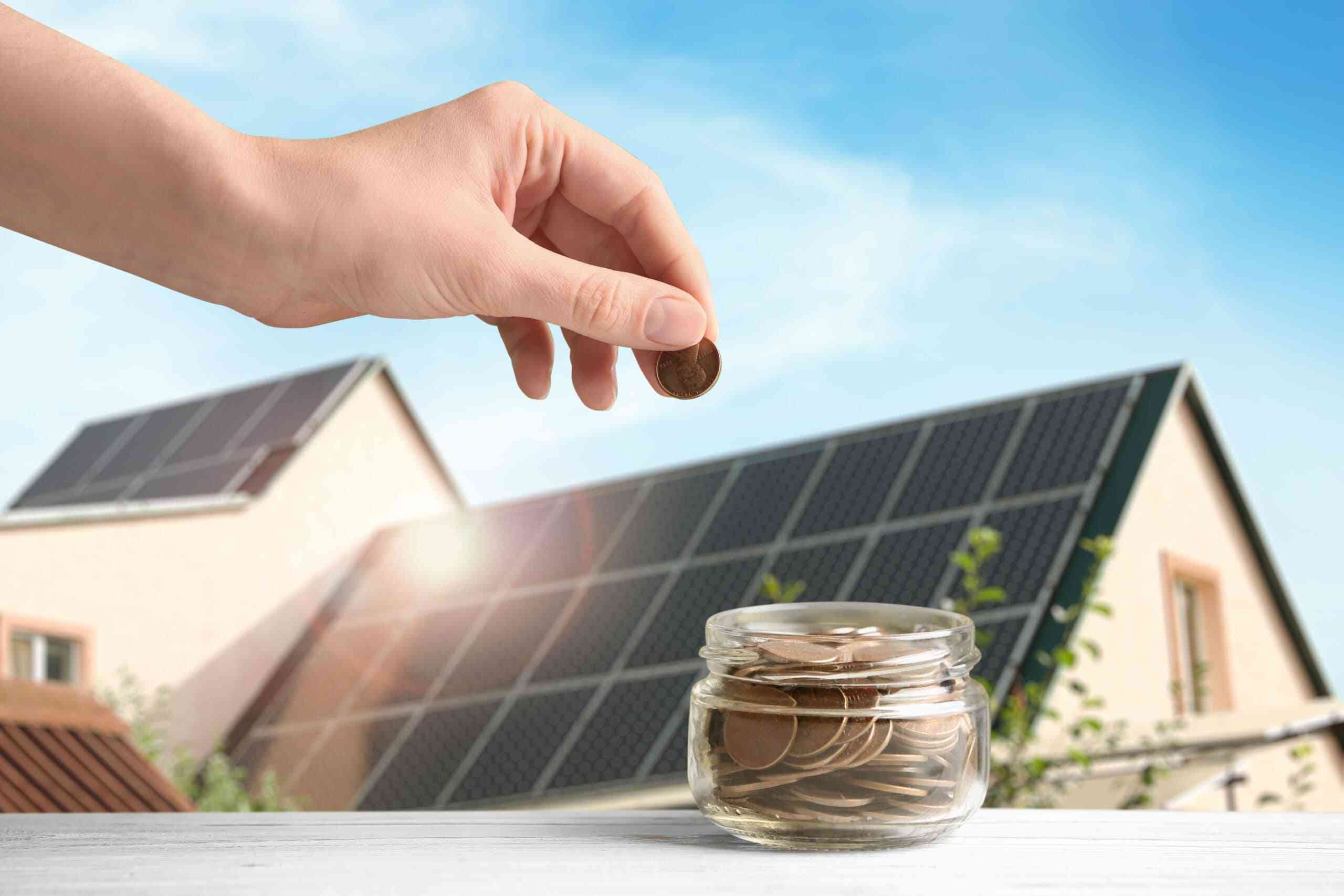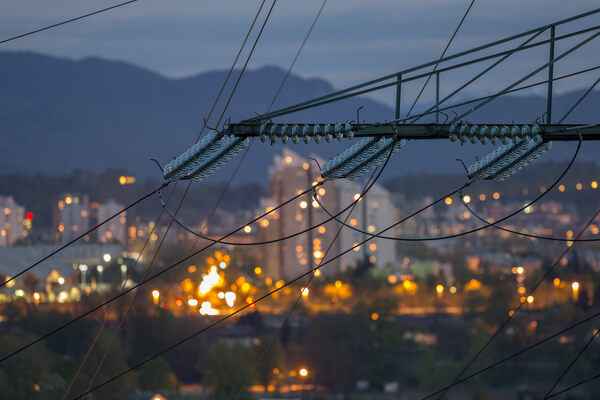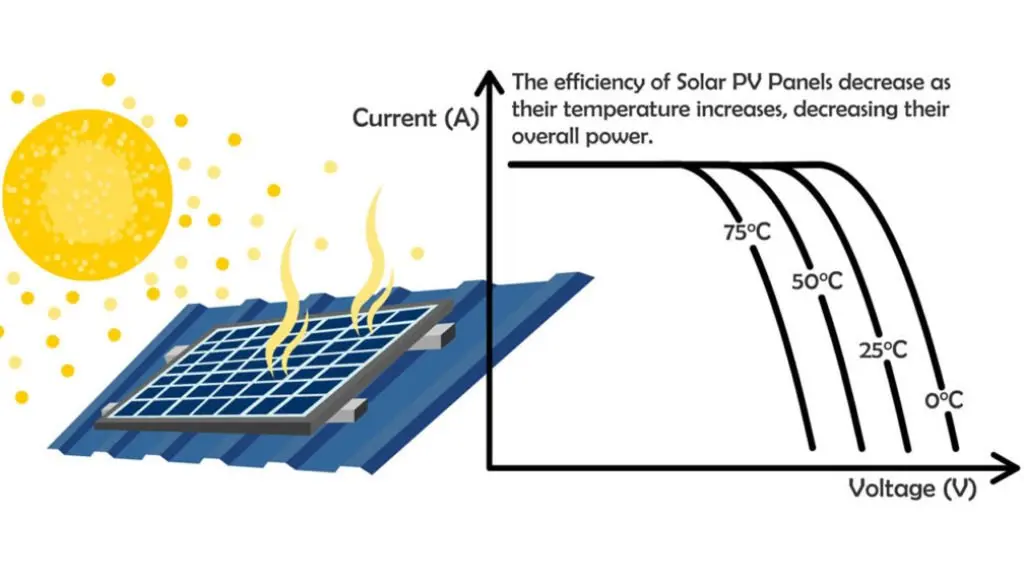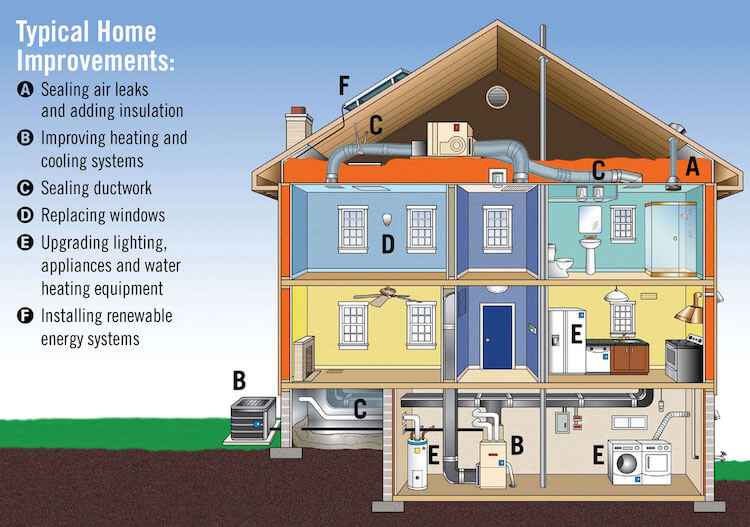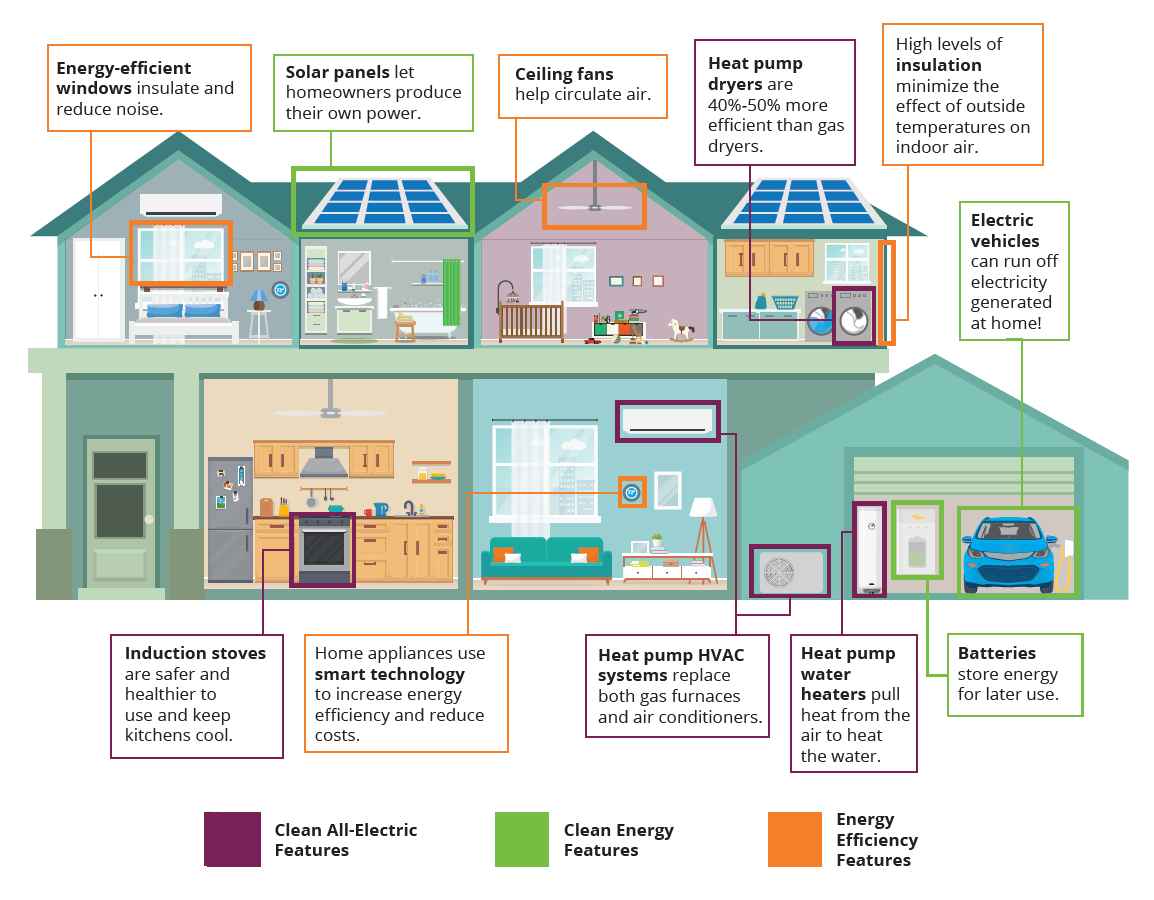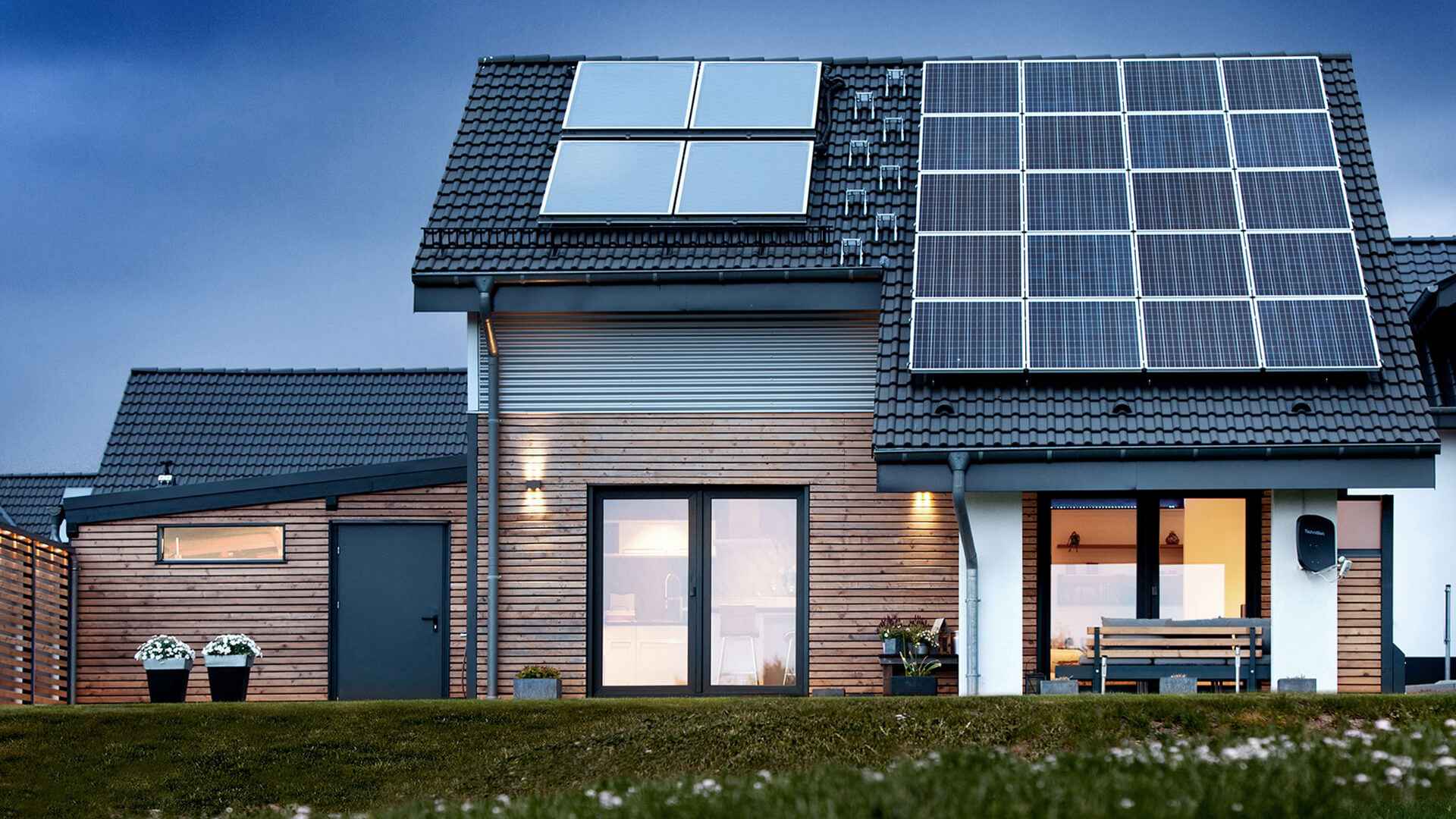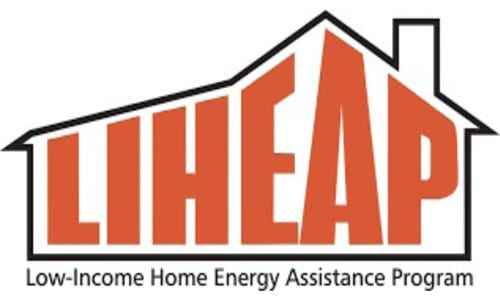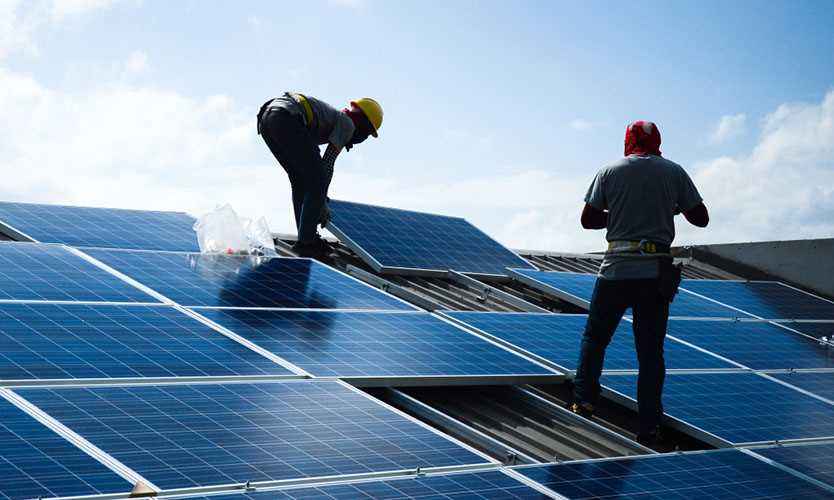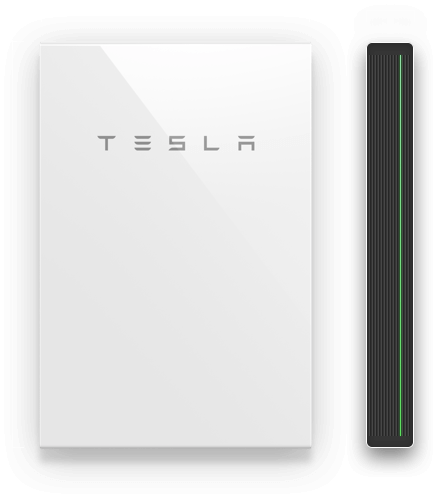
Solar energy has rapidly gained popularity as homeowners seek more sustainable and cost-effective ways to power their homes. In recent years, the integration of battery storage systems with solar panels has emerged as a game-changer for homeowners. This article explores the numerous advantages of pairing solar panels with battery storage and why more homeowners are opting for this energy-efficient solution.
- Energy Independence: One of the most compelling benefits of adding battery storage to your solar system is achieving energy independence. With battery storage, homeowners reduce their reliance on the grid, granting them greater control over their energy supply. This independence is especially advantageous for those residing in remote areas or those aiming to decrease their dependence on centralized energy sources.
By utilizing more of the solar energy they generate, homeowners can reduce their electricity bills significantly. Instead of solely relying on selling excess energy back to the grid, battery storage provides a level of protection and flexibility against changes in rate plans, net metering policies, and blackouts. This increased autonomy ensures cost savings and a greater sense of energy independence.
- Regulatory Protection: The solar industry has witnessed changes in net metering policies and utility rate plans, with some regions reducing the economic benefits of traditional solar panel installations. In response, the concept of “Solar + Storage” has gained prominence. Battery storage helps protect homeowners from the implications of these policy changes.
As net metering policies evolve, the value of excess energy sold back to the grid may diminish, making solar panels alone less financially attractive. By incorporating battery storage, homeowners can adapt to these changes and continue to maximize their energy savings. Additionally, utilities are shifting toward Time-of-Use billing, where energy costs vary throughout the day. Solar + Storage systems provide homeowners with a means to counteract these rate fluctuations.
- Financial Savings and Incentives: Battery storage systems have become increasingly affordable, contributing to their popularity among homeowners. When combined with a solar installation, the financial benefits become even more compelling. While batteries require an initial investment, the long-term savings often outweigh the upfront costs.
Homeowners can take advantage of various financial incentives, such as:
- Federal Tax Credit: The Federal Investment Tax Credit now includes battery storage, offering a 30% discount on the total cost of a Solar + Storage system, with no maximum limit on the credit.
- State Tax Credits: Some states offer their own tax credits for solar energy systems, including batteries.
- Rebates: Some utility companies provide rebates to incentivize Solar + Storage system installations, helping reduce peak demand on the grid.
- Net Metering: Homeowners with Solar + Storage systems can receive credits on their electricity bills for surplus energy sent back to the grid.
- Property Tax Exemptions: In certain states, solar + storage systems are exempt from property taxes, providing additional cost savings.
- Grant Programs: Some state and local governments offer grant programs, particularly for low-income households, to support solar + storage installations.
- Backup Power: While backup power is often a primary consideration for homeowners when installing batteries, it represents just one facet of the benefits of Solar + Storage. Although having a reliable backup power source during grid outages offers peace of mind, the true financial advantages of Solar + Storage come from other aspects, such as self-consumption, peak shaving, and incentives.
Conclusion: The combination of solar panels with battery storage systems empowers homeowners with energy independence, regulatory protection, financial savings, and the added bonus of backup power. As the energy landscape continues to evolve, Solar + Storage emerges as a resilient and economically sound solution for homeowners looking to harness the full potential of renewable energy. By embracing this technology, homeowners can not only reduce their environmental footprint but also secure their financial future in an ever-changing energy landscape.

